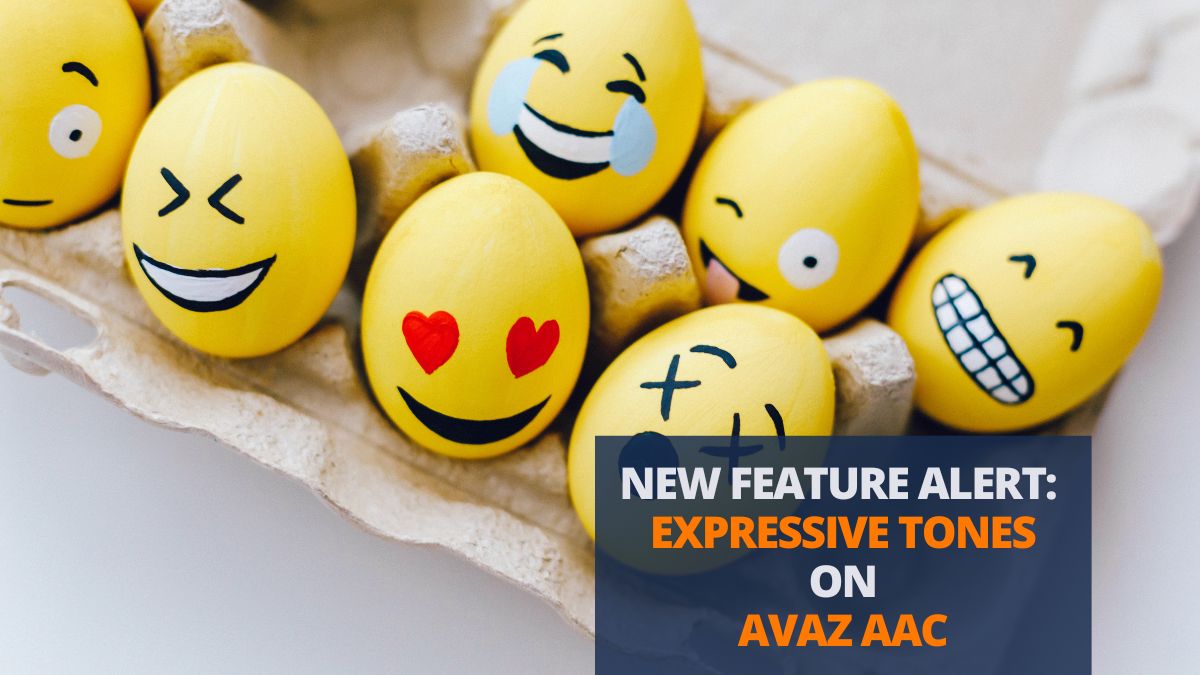Most parents and siblings of AAC users are often unsure of how to support a communicator to use their AAC systems. This impacts the communicator’s progress because the skills they learnt at school may not get reinforced at home. With teletherapy becoming commonplace, the collaborative effort of parents and professionals has become essential. This has resulted in a renewed focus on parent education for successful AAC implementation at home.
Communication in Natural Settings
The goal of AAC therapy is for learners to communicate autonomously in different environments and situations. So, using everyday activities as communication opportunities allows communicators to learn words that help them to have meaningful conversations. By incorporating language learning into everyday activities, the communicator’s learning goals are met as they pick up life skills. The increased interactions with family members act as a natural reinforcer, thereby motivating communication.


For example, parents can talk about planning meals, cleaning up the house, or picking a movie for the family to watch. Teletherapy sessions can focus on teaching parents how to provide aided language input during the activities. This provides an excellent opportunity for parents and professionals to join forces and build functional communication skills that enable learners to actively participate in several activities.
The Right Way to Prompt
In some cases, parents tend to over prompt. They may do so in an effort to get their child to make the right selection on the AAC system. On the other hand, some parents provide little to no prompt. They expect the child to make a selection on their own. But prompts may be necessary especially when children are learning a new skill. When parents become aware of optimal ways to prompt, they can guide the children better.
For example, verbal prompts may not work with learners having autism. They may respond better to visual prompts because words can overwhelm them. Similarly, some children may be capable of giving a response on their own but may need some time due to their processing difficulties. Families must remember to wait before they provide each prompt. This is a crucial step that we can overlook, leading to underestimation of the learner’s abilities which can be frustrating for the learner. Parent education can avoid such overuse of prompts which can lead to prompt dependence.
Learn all about prompt hierarchy and the different kinds of prompts such as gestural, indirect verbal, etc. in this video:
Paying Attention to the Communicator
Supporting an individual with complex communication needs can be difficult. This is why it’s important to follow what the communicator is doing. This helps us to make sense of their communication attempts and understand what they may be trying to convey.
When a child makes an utterance or their AAC system or communicates through any other mode, communication partners must acknowledge and honour their attempts. Parents must be educated to look for the context clues that can help in deciphering the child’s utterance instead of dismissing their communication attempt as random selections.
Children may sometimes type words that may seem like a meaningless utterance. But if we look carefully, we may be able to connect the dots and figure out what they are trying to communicate. For example, a child may utter ‘feesed’ on their AAC system. The child may very well have intended to utter ‘feast’ or ‘fist’ depending on what they are watching on TV or reading at the time. By paying attention to the communicator and unraveling the meaning of their utterances, we send a message that their communication has meaning and effect. This boosts their confidence and encourages them to communicate more.
Hope you found this blog on parent education to support AAC learners. Please share your feedback in the comment section below.



